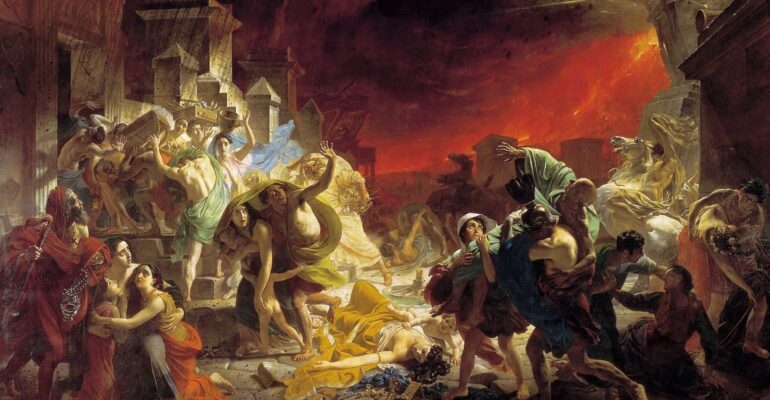

Foreshadowing Babylon

How God turned shepherds and fishermen into powerful leaders.
Out of the Sheepfold
How God turned shepherds and fishermen into powerful leaders.

On our Edenic and celestial calling to spiritual warfare.
When Did Satan Fall?
On our Edenic and celestial calling to spiritual warfare.

According to the Bible, the majority opinion is often wrong.
Is the Majority Always Right?
According to the Bible, the majority opinion is often wrong.

Part II. “The serpent didn’t have legs––he had wings”. Why God’s curse against the Edenic serpent was about the spiritual fall of Satan and his ultimate demise.
The Celestial Serpent
Part II. “The serpent didn’t have legs––he had wings”. Why God’s curse against the Edenic serpent was about the spiritual fall of Satan and his ultimate demise.

Part I. “The serpent didn’t have legs––he had wings”. Why God’s curse against the serpent in the Garden of Eden was about Satan and not snake biology.
A One-Legged Snake
Part I. “The serpent didn’t have legs––he had wings”. Why God’s curse against the serpent in the Garden of Eden was about Satan and not snake biology.

A Conversation with Gary Bates
Unveiling the Pharaoh of the Exodus
A Conversation with Gary Bates

Is the Genesis story of a talking serpent just a myth?
The Serpent Speaks
Is the Genesis story of a talking serpent just a myth?

Part III. “What has Athens to do with Jerusalem?” Juxtaposing the ancient wisdom of the Athenian gadfly and Jerusalem’s philosopher king.
Of Secular and Sacred Wisdom: Socrates
Part III. “What has Athens to do with Jerusalem?” Juxtaposing the ancient wisdom of the Athenian gadfly and Jerusalem’s philosopher king.



